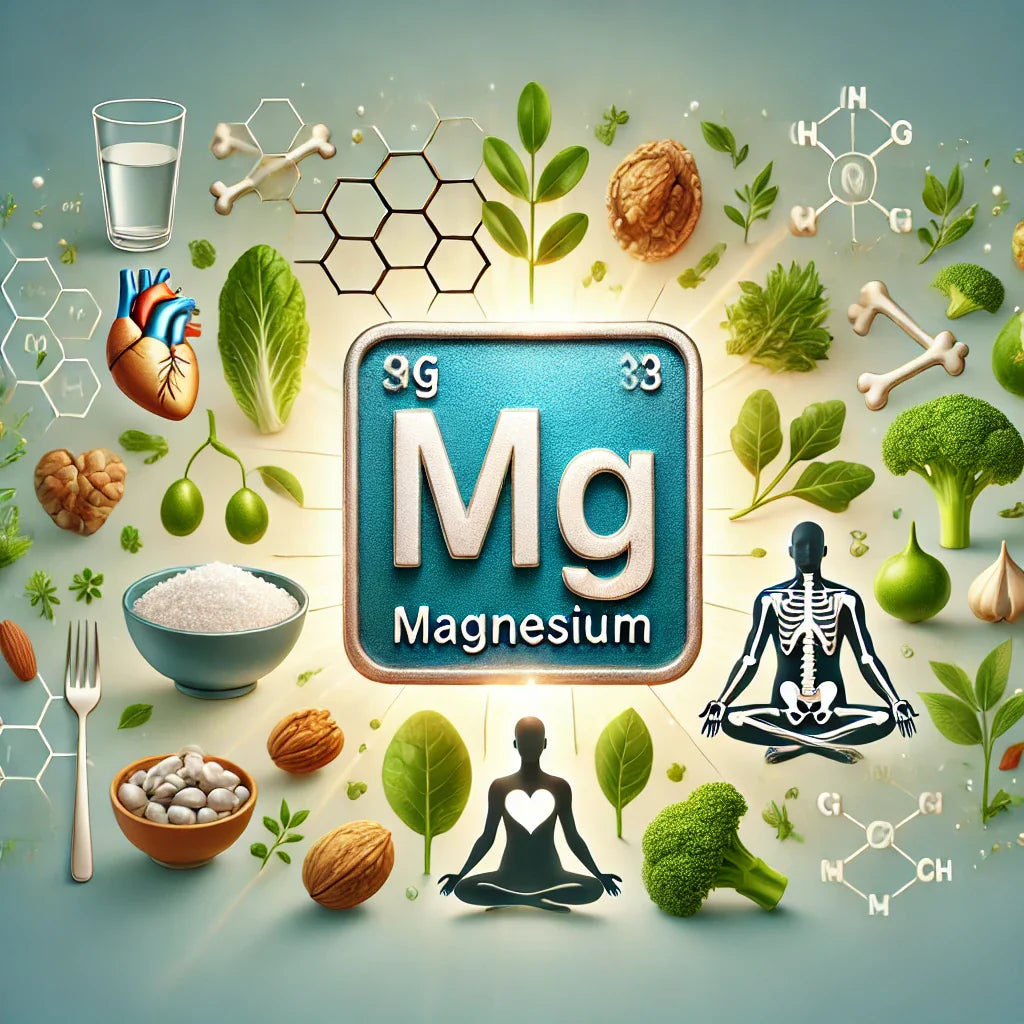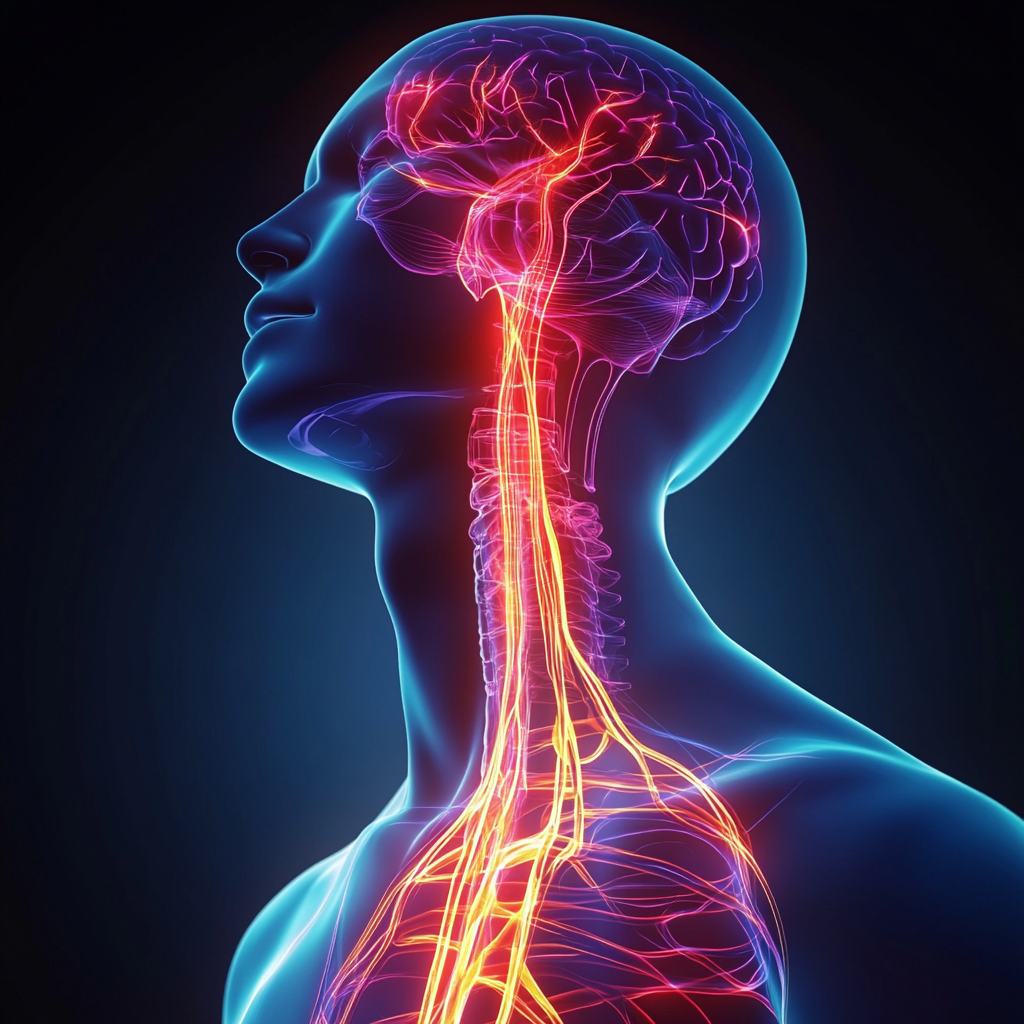Description:
Meditation is a practice that dates back thousands of years and has gained significant recognition in recent times for its physiological, psychological, and spiritual benefits. Meditation has been scientifically proven to reduce stress, lower blood pressure, improve focus and concentration, enhance emotional well-being, and promote a sense of inner calmness. Incorporating meditation into our daily routine can be a powerful tool for achieving relaxation and mental clarity.
Our article: What Is Meditation and What Are the Physiological, Psychological, and Spiritual Benefits? sheds light on this transformative practice.
Meditation: A simple way to mitigate stress & anxiety...
One of the most important parts of a holistic de-stressing program is a solid meditation practice. Meditation can promote a deep state of relaxation, wiping away a day's stress and bringing you closer to inner peace. If you're feeling stressed, anxious, tense and worried, consider trying meditation. Spending even a few minutes in meditation can restore your calmness and inner peace among other physiological benefits.
Anyone can practice meditation. It's simple and inexpensive, and it doesn't require any special equipment. And you can practice meditation wherever you are, whether you're out for a walk, riding a bus, waiting at the doctor's office or even in the middle of a difficult business meeting.
We teach all sorts of meditations locally (individually or in a group setting) and also remotely in the comfort of your own home. Vipassana being the simplest form, will greatly help your daily life, something you can learn and make use of on a daily basis.
We offer meditation and breathwork classes and workshops along with psychological & spiritual coaching which we can customize to your individual needs.
Contact us for more information.











